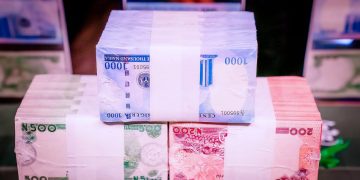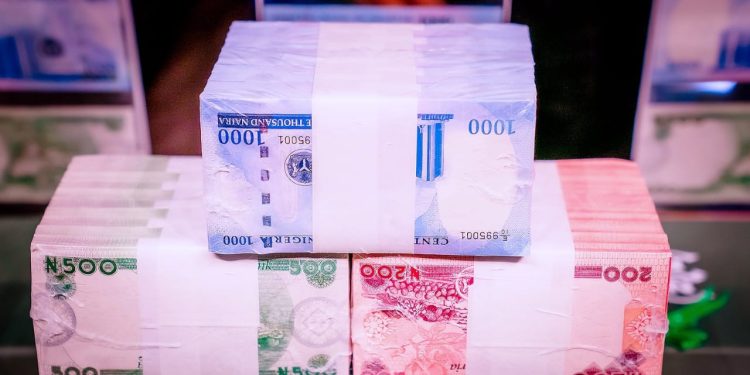By Ebi Kesiena
Amidst planned National Labor Congress (NLC) strikes over the cash scarcity, most cities in Nigeria experienced ease in accessing cash as cash dispensing machines and queues disappeared on Wednesday.
Recall that the Central Bank of Nigeria reissued old naira notes back into circulation.
The queues at banks in Lagos and most cities had started disappearing since Monday as most customers began to be able to access physical cash.
Some states took the federal government to court to force a reversal of the central bank’s policy of withdrawing old naira notes, replaced with new ones.
The court ordered that the old naira notes of 200, 500 and 1,000 should be allowed to circulate along with the new ones until the end of the year.
Recall that President Buhari in February allowed a smaller note of old 200 naira to re-circulate to ease the scarcity, but problems persisted.
The National Labor Congress (NLC) union movement had threatened strikes over the cash scarcity starting Wednesday, but on Tuesday announced they would postpone for two weeks to monitor how Nigerians were accessing cash.
“Yes there is compliance, but the NLC…. doubted the sustainability of that compliance,” Joe Ajaero, NLC president told reporters. “We felt we have to monitor this compliance for the next two weeks.”
The cash shortages began in October when the Central Bank of Nigeria (CBN) gave a February 2023 deadline to change old 200, 500, and 1,000 naira bills for new redesigned ones.
The policy was intended to promote cashless transactions in a country where many businesses operate in the informal sector which relies on cash and hardly uses the banking system.
According to the CBN, the policy was also aimed at mopping up excess cash outside the banking system, counter corruption as well as discourage ransom payments to bandits and kidnappers terrorizing the nation.
Still, the implementation of the cash swap caused hardship for most Nigerians as long queues of depositors formed outside banks and ATMs.
Some people slept outside banks with little hope of getting cash, which many Nigerians use for market shopping and transport.



































